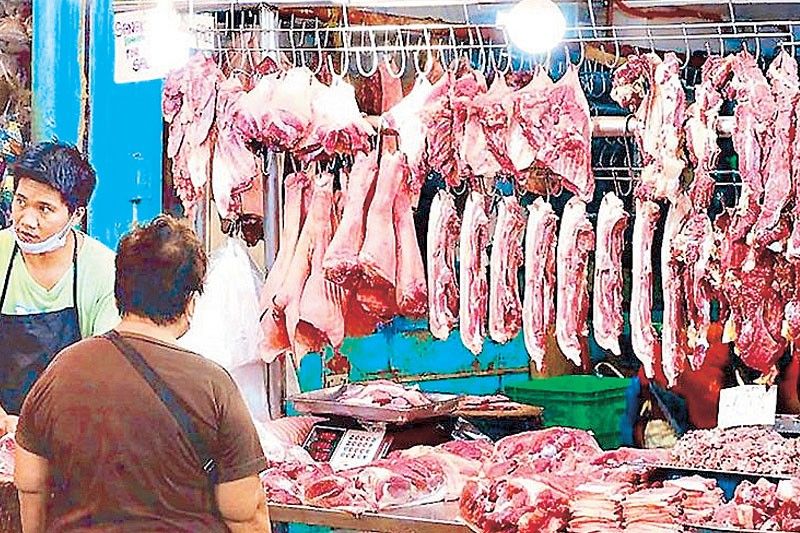‘Low tariff on pork, MDM to keep meat prices stable’

MANILA, Philippines — The extension of the lower tariff rates on certain meat items by the Marcos administration would cushion the rising costs of meat products brought about by global economic challenges, industry groups said.
The Philippine Association of Meat Processors Inc. (PAMPI) and the Meat Importers and Traders Association (MITA) lauded the extension of the lower tariffs on pork and mechanically deboned meat (MDM) of poultry until 2028 under Executive Order (EO) 62.
“This will definitely mitigate the rising cost of other raw materials and fuel and will help our industry maintain the price of our products,” PAMPI vice president Jerome Ong told The STAR.
“We have always wanted to provide affordable protein to the vast majority and this EO is a step in the right direction,” Ong said.
Ong, who is also the president and CEO of CDO Foodsphere Inc., said prices of raw materials, including poultry MDM, in the world market have been increasing due to higher demand from China coupled by more expensive logistics and feed costs.
Ong said the weakening of the peso is also a factor in local meat processors’ production costs since much of their raw materials are imported.
He estimated that the prices of raw materials have gone up by 10 to 15 percent on an annual basis.
Poultry MDM, such as those from chicken and turkey, are vital ingredients in the production of processed meat products such as hot dogs, meat loaf, longganisa, lumpia and siomai, among others.
Under EO 62, the tariff on poultry MDM would remain at five percent until 2028 before reverting to their higher rates of 40 percent for chicken MDM and 30 percent (in-quota) and 40 percent (out-quota) for turkey MDM at the start of 2029.
“It is proper that the tariff be kept low so that the meat processors have access to low cost raw material to produce affordable meat products for our consumers,” MITA president emeritus Jesus Cham told The STAR.
Marcos noted in one of his earlier EOs that maintaining the reduced tariffs on poultry MDM would “ensure continued supply of essential food products at affordable prices.”
Cham noted that the prolonged reduced tariffs on pork would provide certainty to the market players in bringing in imported stocks to plug the shortfall in the domestic production that has been reeling from the detrimental impact of African swine fever on hog farms.
“Since the onset of ASF five years ago, the incessant deliberations on whether or not to extend the lower tariff rates yearly were exhausting,” he said.
“They injected a great deal of uncertainty into the market resulting in near paralysis every year-end,” he added.
The tariffs on pork imports remain at 15 percent for in-quota volume and 25 percent for out-quota volume. They would revert to their original rates of 30 percent (in-quota) and 40 percent (out-quota) by 2029.
- Latest
- Trending



























